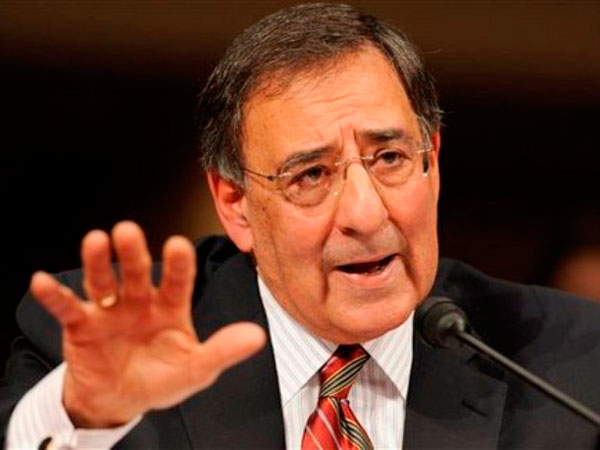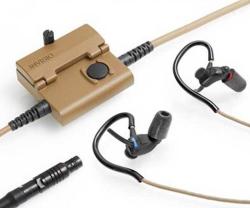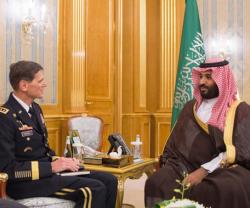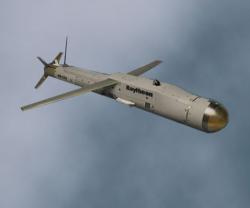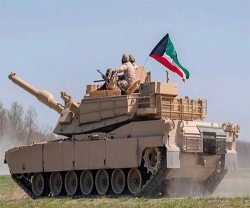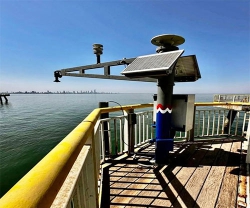The United States has sent troops to Jordan to bolster its military capabilities in the event Syria’s civil war escalates, U.S. Defense Secretary Leon Panetta said Wednesday, reflecting U.S. concerns about the conflict spilling over allies’ borders and about the security of Syria’s chemical weapons arsenal.
Speaking at a NATO conference of defense ministers, Panetta said the U.S. has been working with Jordan to monitor chemical and biological weapons sites in Syria and also to help Jordan deal with refugees pouring over the border from Syria.
About 150 U.S. troops, largely Army special operations forces, are working out of a military center near Amman, two senior defense officials said on condition of anonymity because they were not authorized to speak publicly about the mission. The troops have moved back and forth to the Syrian border as part of their work, which is joint planning and intelligence gathering, one official said.
The revelation of U.S. military personnel so close to the 19-month-old Syrian conflict suggests an escalation in the U.S. involvement in the conflict, even as the Obama administration pushes back on any suggestion of a direct intervention in Syria.
News of the U.S. mission to Jordan also follows several days of shelling between Turkey and Syria, an indication that the civil war could become a regional conflict. One of the U.S. defense officials said the extra planning is aimed at avoiding those kinds of clashes between Jordan and Syria.
The development comes with the U.S. presidential election less than a month away, as Republican nominee Mitt Romney criticizes President Barack Obama for weak leadership in foreign policy. Romney has said he would send U.S. troops into Syria if needed to prevent the spread of chemical weapons, while Obama has said that movement or use of chemical weapons would have “enormous consequences.”
Panetta has said that while the U.S. believes the weapons are still secure, intelligence suggests the regime might have moved some to protect them.
Syria is believed to have one of the world’s largest chemical weapons programs, and has said it might use the weapons against external threats, though not against Syrians. The U.S. and Jordan share the same concern about Syria’s chemical and biological weapons - that they could fall into the wrong hands should the regime in Syria collapse and lose control of them.
The Monterey, California-based James Martin Center for Nonproliferation Studies provided a map purporting to show 4 Syrian production sites for chemical weapons, 3 for storage, 1 for research and development, and 2 with dual use infrastructure.
Steven Bucci, an expert in chemical weapons at the Heritage Foundation, has told Congress there might be as many as 50 chemical weapons sites. He said in an interview Wednesday that Syria’s stockpile is potentially “like a gift from God” for militants since they don’t have the know-how to assemble such weapons, while some of Syria’s chemical agents are believed to have already been fitted into missile warheads.
Source: The Washington Post

